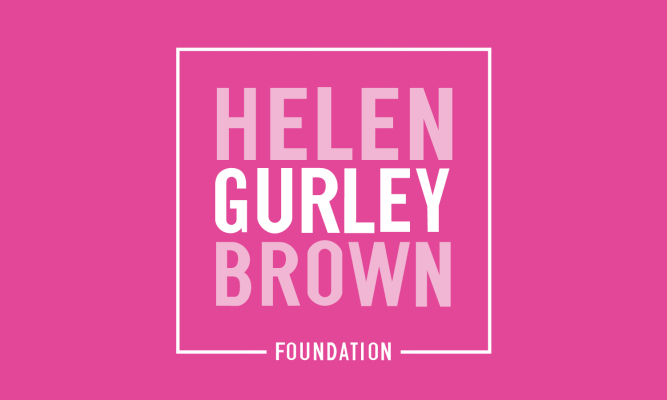The Helen Gurley Brown Foundation, established as The Pussycat Foundation in 2010 by longtime Cosmopolitan magazine editor-in-chief Helen Gurley Brown, recently renewed its support for Dana-Farber by funding two programs aimed at empowering women in science with a grant of $2,350,000 for 22 women faculty and fellows.
The first of these programs is The Helen Gurley Brown Presidential Initiative, launched in 2016, which pairs senior women faculty and women fellows for two years, providing an opportunity for early career scientists to benefit from the mentorship of senior scientists who understand the unique challenges faced by women in academic medicine. The new grant supports 10 such partnerships.
In 2020, the foundation expanded its impact with the newly established Helen Trailblazer Awards. This program provides funding to women assistant and associate professors to propel their research and careers to the next level, further cementing their leadership in their respective field. The inaugural recipients, Himisha Beltran, MD, and Kira Bona, MD, MPH, will use the funding to advance their important work in developing new treatments for prostate cancer and identifying novel epigenetic changes driving pediatric cancer disparities, respectively.
“We are delighted to partner once again with Dana-Farber Cancer Institute to further our mission of inspiring and mentoring future generations of women leaders,” said Eve Burton, president of the Helen Gurley Brown Foundation. “The newly launched Helen Trailblazer Awards are emblematic of our commitment to empowering women with the resources they need to thrive.”
Beltran is studying the biology of small cell neuroendocrine prostate cancer (NEPC)—an aggressive, late-stage form of prostate cancer that currently has no approved therapies. With this new funding, Beltran aims to explore the use of T cells to target the protein DLL3 expressed on the surface of NEPC cells, and to develop effective combination treatment strategies. Her research will be crucial to developing combination therapies for patients who have developed resistance to treatment.
Bona is studying the biological impact of poverty on pediatric B-cell acute lymphoblastic leukemia. Her data over the last decade demonstrates that children with cancer who come from low-income families experience higher rates of relapse and decreased overall survival compared to children from non-low-income families when treated on the same clinical trials. With this funding, Bona will explore whether physiological responses to poverty-associated stress result in cancers that are more resistant to chemotherapy.
“The current approach to disparities research in pediatrics is to consider social and behavioral risk factors as targets for intervention,” said Bona. “This study challenges that paradigm and has the potential to change our approaches to therapy.”
Since 2016, the Helen Gurley Brown Foundation has provided more than $5 million in support of women faculty and fellows at Dana-Farber. Through The Dana-Farber Campaign, the Institute has prioritized faculty development and reducing disparities in health care; donors like the Helen Gurley Brown Foundation ensure success in these areas.



